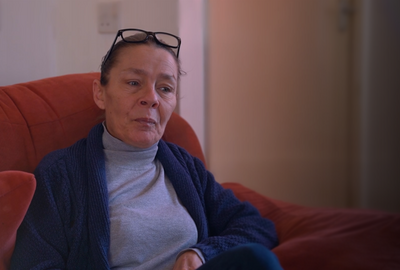Whether it's part of your PGCE placement, or a key stage in your teacher job interview, if you want to land a teaching job it's likely that you'll have to teach an observed lesson. Often referred to as a micro-teach, it is when you will need to teach a lesson in your chosen subject to a real-life class, which will usually last around 20-30 minutes, with a senior member of the school's staff observing you. Nerve-wracking right?
Standing in front of a classroom full of a new group students waiting for you to teach them is never easy, no matter if you're a newly qualified teacher or an experienced educator. That's why we've put together some top tips on how to impress your observer with a lesson that's top of the class, from preparation to execution of the lesson.
How to plan a good lesson.
To begin with, as with most things in life, if you fail to prepare, be prepared to fail! So, make sure that you do enough preparation before you arrive at your lesson observation. Some key points to think about to help you prepare are:
- Read the brief carefully and check what you are being asked to teach before you plan anything
- Double check the ability profile and size of the group - this will guide you with the style of teaching you pick
- Be realistic - what is it that you want the students to achieve in the allotted time?
- Then, plan your content carefully - be able to extend or shorten your content if necessary
- Consider asking for names of the students beforehand
- Prepare a lesson plan to give to observers - consider the balance of teacher talk vs student led learning.
- Build in a period of time where the students are leading their own learning
Making a good first impression.
However much you prepare, it is likely that you'll still feel a little nervous when you arrive at the school. So, to make a good impression you should:
- Be on time - nothing looks worse than a teacher who runs late!
- Make your first impression count - greet your observers with a smile and a good handshake
- Wear professional and appropriate clothing
- Let your enthusiasm and personality shine through from the get-go
- Always have a plan B - if you are relying on technology, for example, always have a non-technological back-up just in case!
The do's and don'ts of teaching.
When it gets to the lesson itself, it's important to remember that this is your chance to show off your skills. So, try to relax, ignore the people observing you and do what you do best: teach!
Do:
- Ask students to write their names on a card so you can refer to them by name
- Establish your objectives for the students at the start of the lesson
- Focus on the children you're teaching and try to ignore anyone observing you
- Smile and be friendly - students will want to see a human side to their possible new teacher
- Enjoy yourself - show off your skills!
Don't:
- Rely on technology! Always have a backup plan
- Be scared to deviate from your plan within reason, for example, if a student asks a question
- Ignore a student if they misbehave - follow the school's behaviour policy. You can always discuss this with your observers afterwards
- Run over the allotted time - time management skills are key!
- Make excuses - if you don't think the lesson has gone well, you can discuss it at interview, ensuring you have thought about what could be improved next time
- If you stick to these top tips, you will have all you need to ace that micro-teach, and land the job of your dreams or get top marks in your placement.
Want some extra advice? Then why not get in touch with one of our team of expert consultants, who will be more than happy to guide you. Click here to contact us or call on 0845 600 1234.
Think you're ready to put theory into practice and secure your next job in the classroom? Search our 1,000+ roles today.



